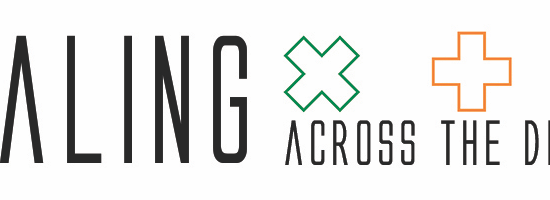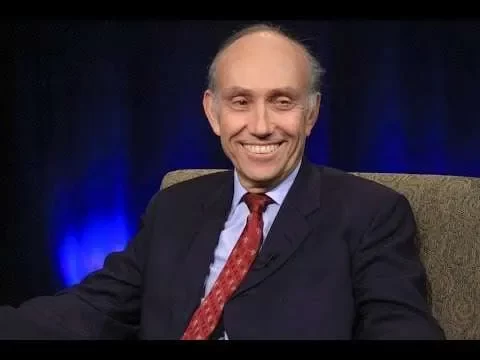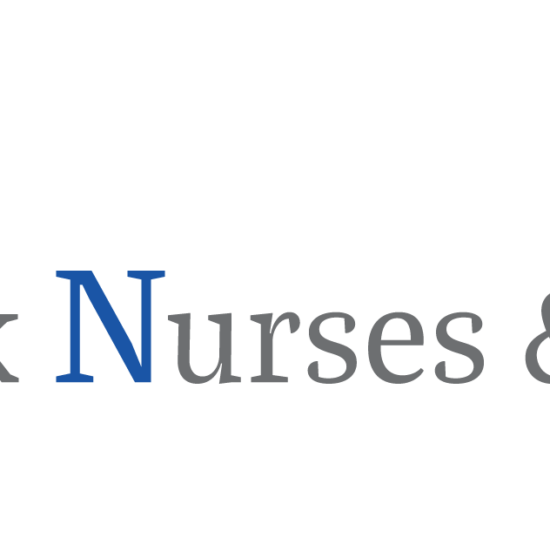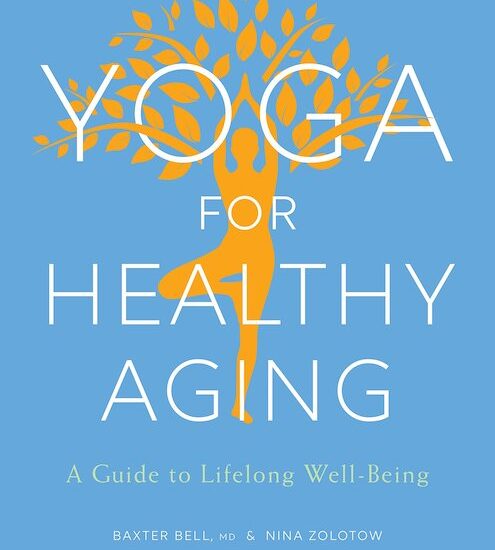A challenging aspect of empowering underserved populations to make informed healthcare decisions has been providing the awareness of, and the opportunity to experience the myriad healthcare options that are available. These options not only include allopathic or conventional interventions, they are more than ever encompassing complementary—and what was previously deemed alternative— modalities.
Complementary modalities are practiced in addition to conventional medicine. Alternative modalities are practiced instead of utilizing conventional medicine. The integration of complementary and conventional medicine for health promotion and maintenance can benefit the healthcare of the nation.
The vision of the National Center for Complementary and Integrative Health of the National Institutes of Health, U.S. Department of Health and Human Services is to define, through rigorous scientific investigation, the usefulness and safety of complementary and integrative health interventions and their roles in improving health and health care (https://nccih.nih.gov/health/integrative-health#vision). In addition to studying the usefulness of complementary modalities, attention needs to be given to the reality of access for all people. Are integrative practices accessible and affordable for low income, underserved populations?
Venice Family Clinic’s Simms Mann Health and Wellness Center in Venice, California is making this possible. The center is the nation’s first health, wellness, and integrative medicine program offered at a free community clinic. It provides a wide range of evidence based integrated services which focus on the whole person and the whole family. In addition to high-quality conventional medical care, integrative medicine services that include disease management, prevention and wellness programs are also offered. Multi-modality approaches to chronic disease are utilized including mind-body, acupuncture, chiropractic, and yoga therapy.
The focus of the integrative medicine program is to show that integrative medicine is for everyone. The clinic brings integrative medicine resources to underserved low-income populations.
For those seeking an integrative healthcare practitioner at little or low cost start by doing some research. First, check out Integrative Medicine Access (IMA) at https://www.integrativemedicineaccess.org/. The mission of IMA is to facilitate accessibility to Integrative Medicine among low-income and medically underserved people. Next, look for professional associations in your area where there are groups of practitioners who have expressed interest in serving underserved populations at little or no cost. Tune into the program to find out more.
On August 11th, HealthCetera Radio producer and Senior Fellow Eve Adler, RN, RYT, explores issues related to integrative health practices among the underserved. Joining her in this discussion are Dr. Myles Spar, Director of Integrative Medicine and faculty at UCLA David Geffen School of Integrative Medicine, and Ryan Woodson, Program Manager of the Integrative Medicine Program. Together they direct and manage integrative services offered at a free community clinic in Venice, California.
The program opens with HealthCetera producer Diana Mason, RN, PhD, welcoming Eve back to HealthCetera after a 20 year hiatus.
So tune in on Thursday at 1:00 to HealthCetera Radio on WBAI, 99.5 FM in New York City, or streaming online at www.wbai.org; or you can listen to the interview anytime by clicking here:
Podcast: Play in new window | Download (Duration: 28:04 — 32.1MB)
Subscribe: RSS
HealthCetera is sponsored by the Center for Health, Media & Policy.










